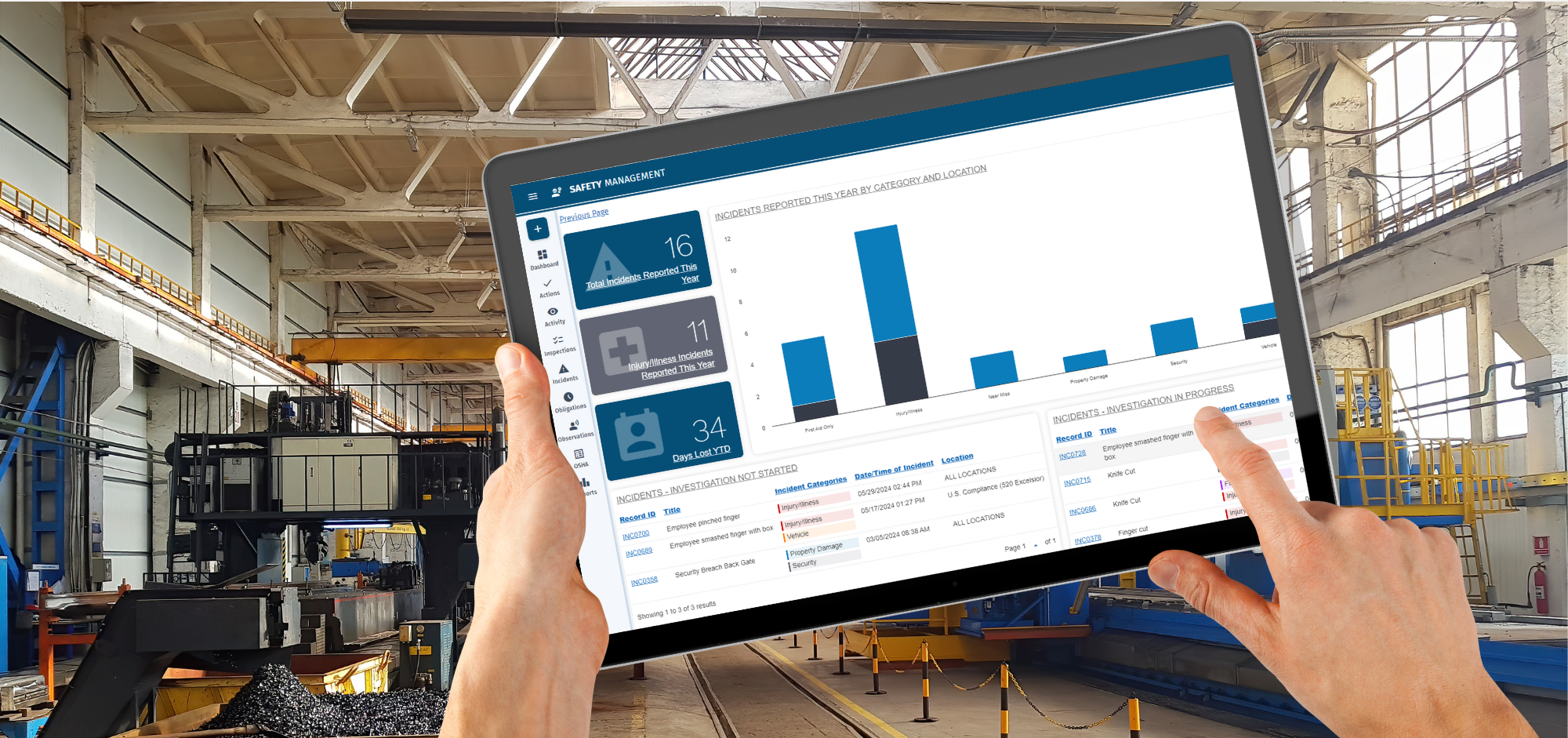US Compliance is excited to officially release the EHS Management Suite, a comprehensive digital solution designed to streamline EHS operations. This webinar will showcase the suite's powerful features, including a customizable dashboard, incident management, compliance obligation tracking, observations, inspections, and more. Attendees will learn how the suite helps improve safety management, ensure regulatory compliance, and drive operational efficiency. Discover how these integrated tools provide real-time insights, simplify reporting, and enable proactive risk management across your organization.









